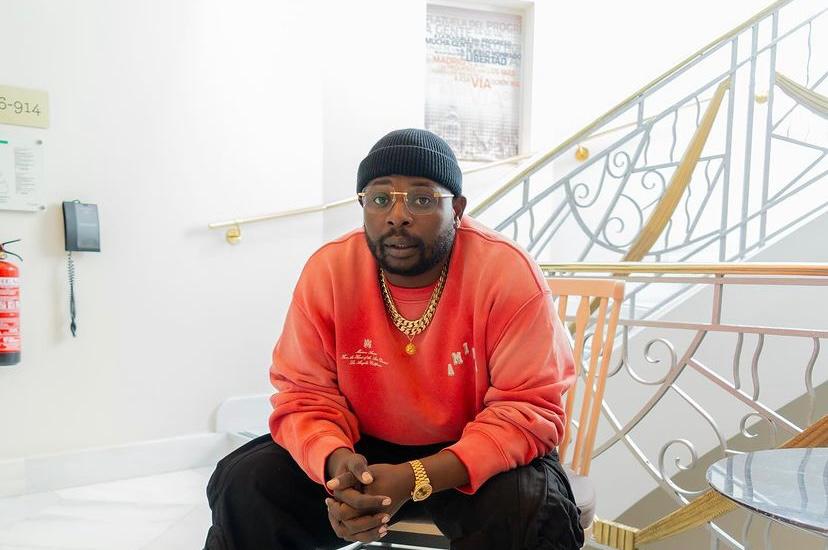In the vibrant world of Amapiano, a genre that has taken the music industry by storm, a notable trend has emerged: Amapiano artists tend to shy away from interviews. DJ Maphorisa, a leading figure in the genre, recently shed light on the reasons behind this phenomenon during an interview.
DJ Maphorisa highlighted several key factors that contribute to Amapiano artists’ reluctance to engage in interviews. One of the primary reasons, according to him, is the lack of proper management and media training. “They don’t have good managers, like media training and those kinds of things, they still gonna struggle,” Maphorisa explained. He emphasized that many artists in the Amapiano scene are still learning and evolving in their careers, and as such, they might not yet possess the necessary skills to handle media interactions effectively.
Furthermore, DJ Maphorisa pointed out the socio-economic backgrounds of many Amapiano artists as another contributing factor. “But I feel like it’s that thing of mostly people doing piano are mostly from the Kasi and are still learning,” he said. The term “Kasi” refers to townships, areas where many Amapiano artists hail from. These environments often lack the resources and opportunities for artists to receive professional media training, leaving them less prepared for the demands of public and media engagements.
The DJ’s comments have sparked a variety of reactions among fans and industry insiders. Some fans speculate that Maphorisa himself might play a role in limiting interviews for fear that artists might reveal sensitive or controversial information about him. However, this remains speculative, and Maphorisa’s own explanation points more towards a systemic issue within the industry rather than personal manipulation.
The insights provided by DJ Maphorisa offer a deeper understanding of the challenges faced by Amapiano artists. The rapid rise of the genre has brought many artists from humble beginnings into the spotlight, sometimes faster than their ability to adapt to the pressures and expectations of the media world. As Amapiano continues to grow, there may be a need for more structured support systems to help artists navigate their newfound fame and responsibilities.
DJ Maphorisa’s candid explanation about the reluctance of Amapiano artists to engage in interviews underscores the importance of proper management and media training. As the genre continues to evolve, addressing these challenges will be crucial for the continued success and professionalism of Amapiano artists.










